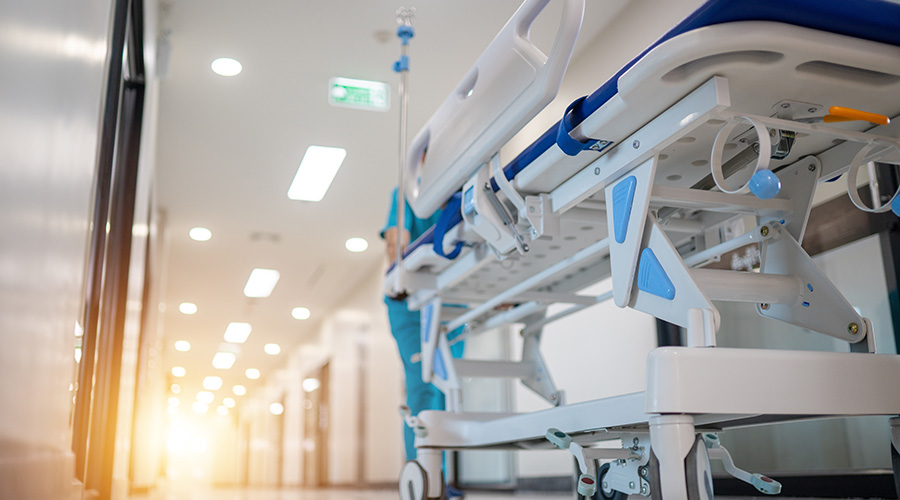A new study proposes that understanding how microbes interact with patients, staff, and hospital surfaces within the microbiome of a hospital environment can contribute to infection control efforts, according to an article on the Med City News website.
The study, published in Science Translational Medicine, suggests that contaminated environments increase the risk of transmission of healthcare associated infections. Few studies have focused on the hospital room microbiome and whether the data might adjust the approach to room cleaning, the article said.
Over the course of a patient’s hospital stay, the study found that patient’s skin and room surfaces became “microbially similar.” The longer patients stayed in their rooms, the more antibiotic-resistance genes the organisms in the environment acquired.
The study suggested the environment is inherently stressful for the bacteria due to regular cleaning so any organisms that survive would have a greater likelihood of being able to acquire genes that could be relevant.

 Grounding Healthcare Spaces in Hospitality Principles
Grounding Healthcare Spaces in Hospitality Principles UC Davis Health Selects Rudolph and Sletten for Central Utility Plant Expansion
UC Davis Health Selects Rudolph and Sletten for Central Utility Plant Expansion Cape Cod Healthcare Opens Upper 2 Floors of Edwin Barbey Patient Care Pavilion
Cape Cod Healthcare Opens Upper 2 Floors of Edwin Barbey Patient Care Pavilion Building Sustainable Healthcare for an Aging Population
Building Sustainable Healthcare for an Aging Population Froedtert ThedaCare Announces Opening of ThedaCare Medical Center-Oshkosh
Froedtert ThedaCare Announces Opening of ThedaCare Medical Center-Oshkosh